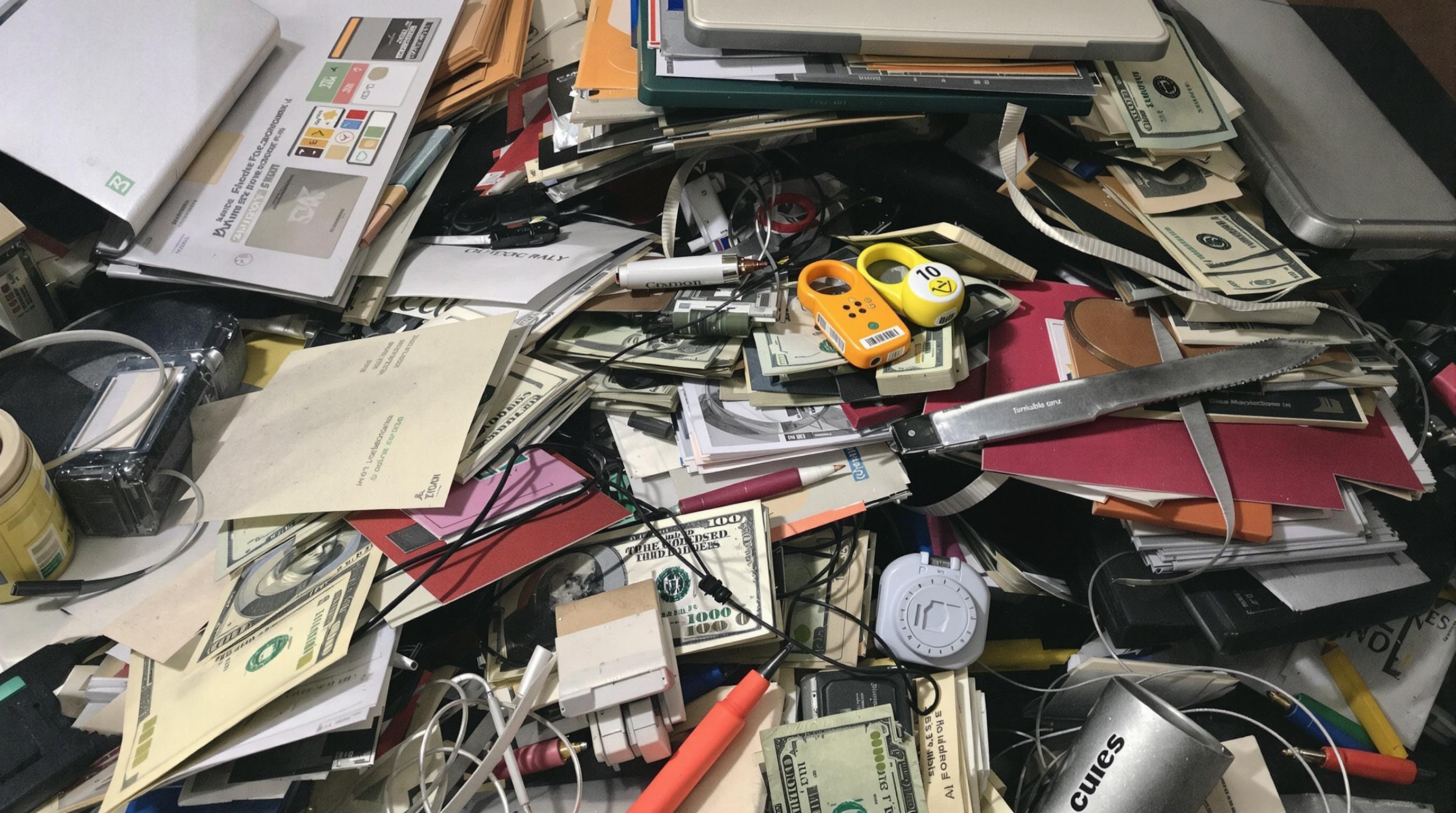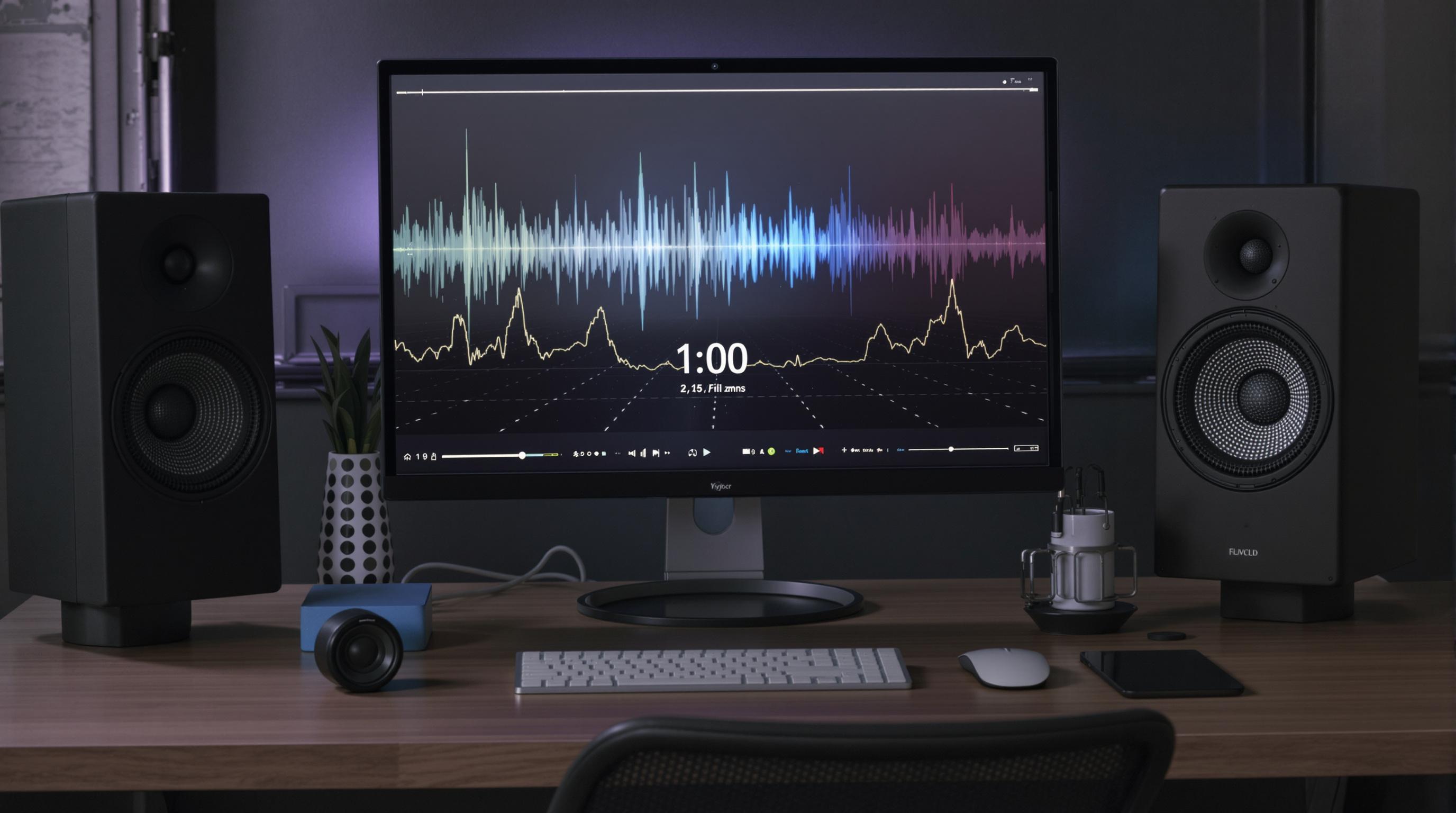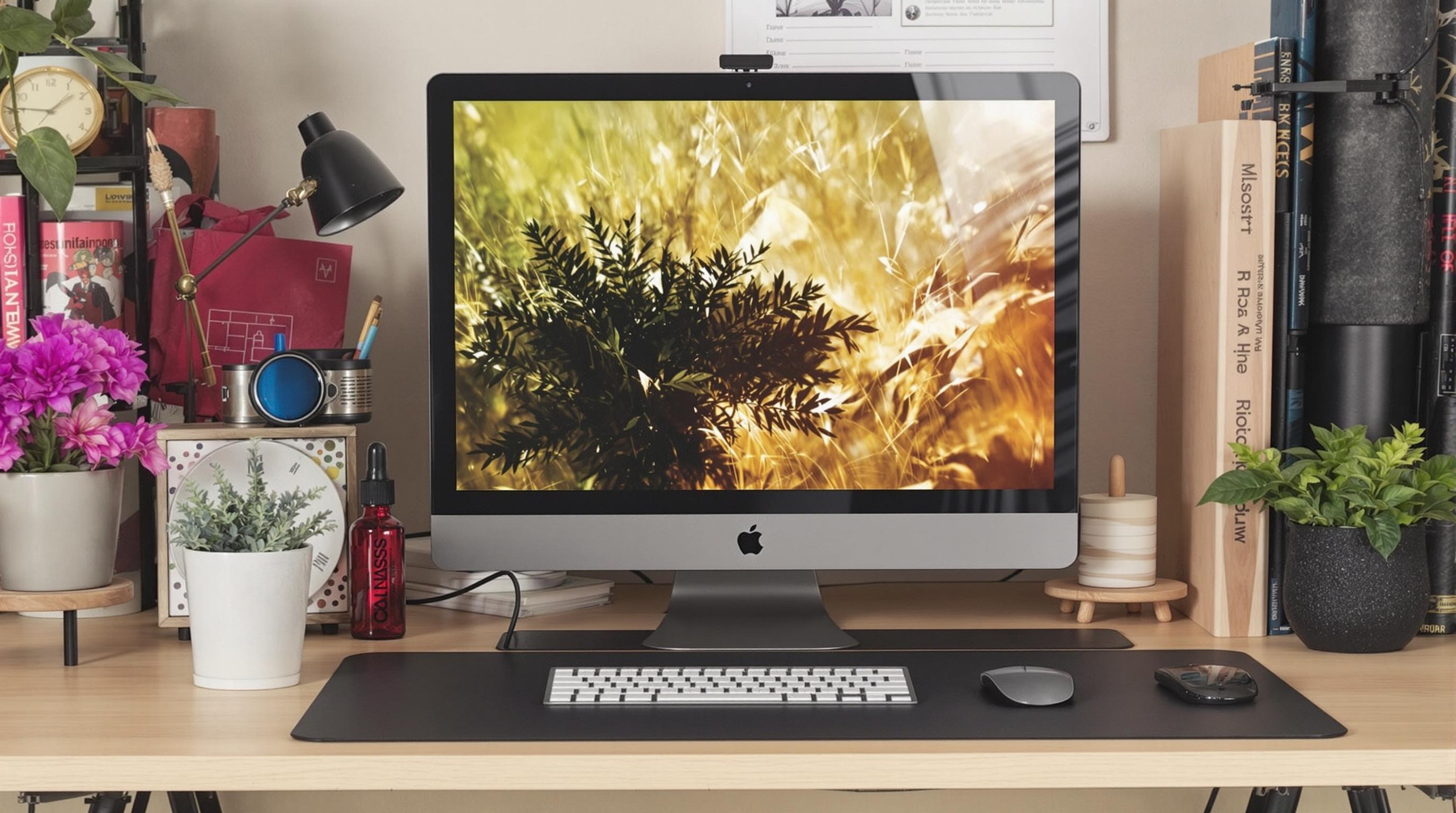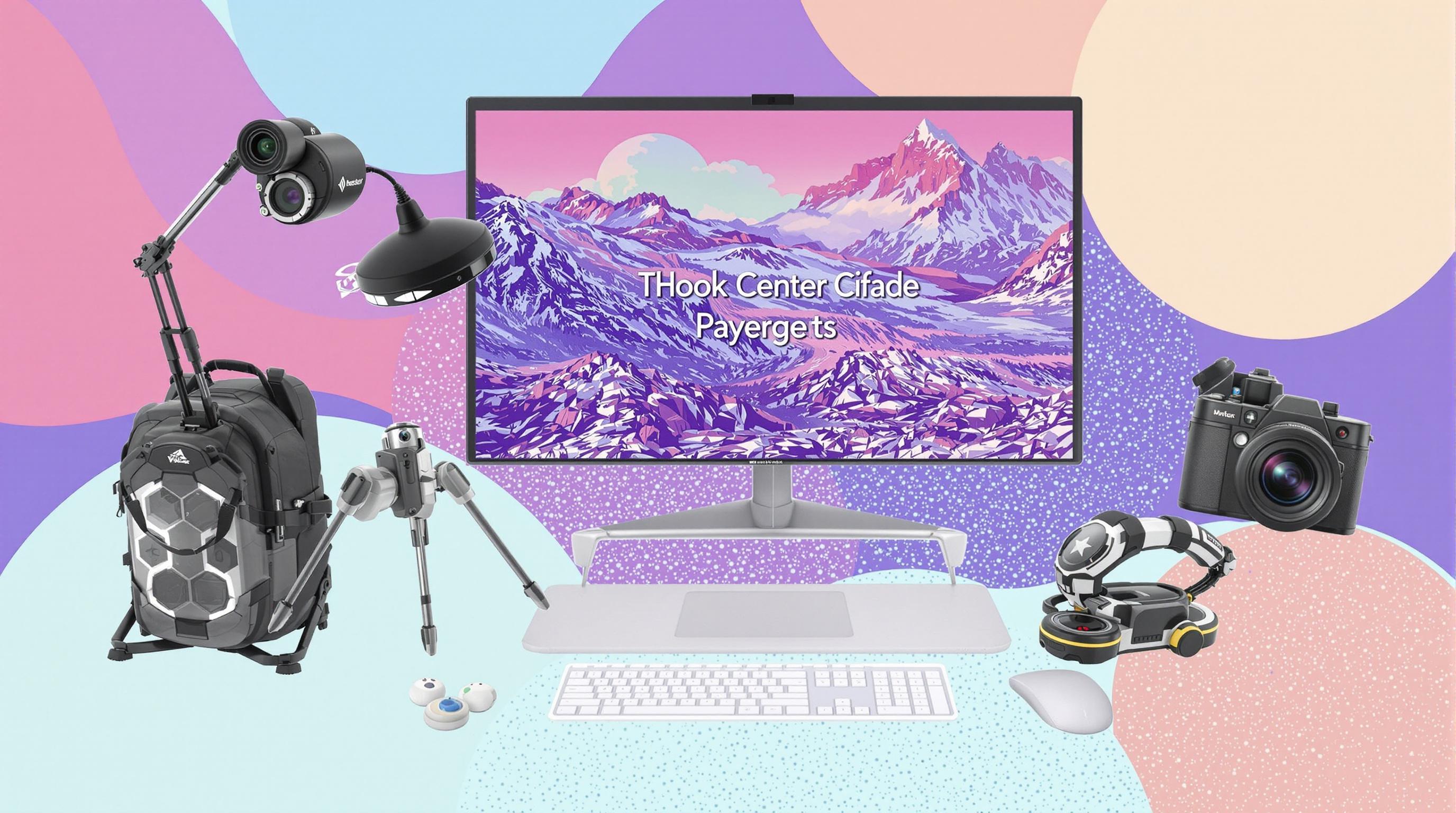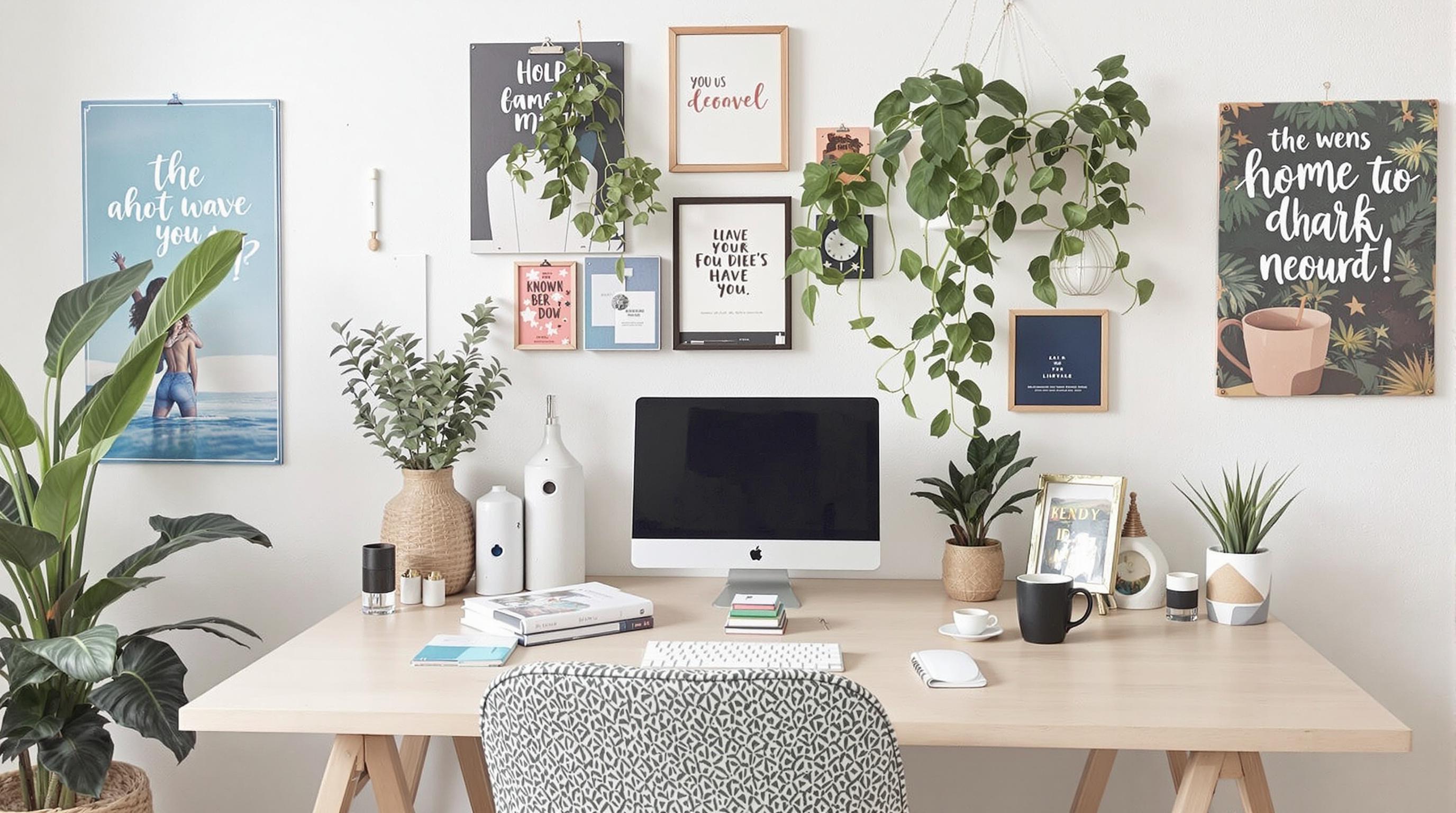Related Articles
- Cultivating Chaos: The Surprising Benefits of Disorder in Sustainable Community Movements
- The Silent Revolution: How Micro-Communities Challenge the Norms of Eco-Conscious Governance
- Rethinking Romance: The Unexpected Impact of Sustainable Love Stories on Community Commitment
- Invisible Workspaces: How the Arrangement of Unseen Elements Shapes Your Daily Workflow and Mental Clarity
- The Hidden Costs of Clutter: How Excess Items in Your Workspace Affect Your Wallet and Well-Being
- Unlocking Creativity: The Unexpected Benefits of Furniture Arrangement on Your Daily Workflow at Home
The Hidden Costs of Clutter: How Excess Items in Your Workspace Affect Your Wallet and Well-Being
The Hidden Costs of Clutter: How Excess Items in Your Workspace Affect Your Wallet and Well-Being
The hidden costs of clutter in your workspace can significantly impact both your finances and mental well-being. By exploring the psychological ramifications, financial drain, and simple solutions to declutter, we can gain a better understanding of the profound effects disorganization has on our lives.
The Psychological Impact of Clutter
Clutter doesn’t just occupy physical space; it occupies mental space, too. In a study conducted by Princeton University Neuroscience Institute, researchers found that too many visual stimuli, like clutter, can cause our brains to become overwhelmed, leading to decreased focus and productivity. This sensation can result in elevated stress levels, anxiety, and even decision fatigue, ultimately impacting our wallets. The emotional toll it takes can contribute to mental health issues such as depression and anxiety disorders.
Statistics You Can't Ignore
Did you know that an estimated 28% of people feel embarrassed by their workspaces? According to a survey by Office Angels, nearly half of all employees admit that clutter is a primary source of stress in their professional lives. Not only that—68% of respondents believed that a cluttered environment directly impacts their productivity. If your desk is a battlefield of tangled cords, sticky notes, and empty coffee cups, it’s likely you’re not operating at full capacity.
What Clutter is Costing You
The costs of clutter extend beyond mere inconvenience. Let’s break it down:
- Time: On average, people lose up to an hour a day searching for lost items—an estimated total of 15 days per year! In a professional context, that’s 90 hours wasted solely because of disorganization, which translates to substantial financial loss depending on your salary.
- Health: Prolonged exposure to clutter has been linked to increased levels of cortisol, the body’s primary stress hormone. In a cluttered workspace, the struggle between finding focus and battling distractions takes a toll on your overall health and well-being.
- Opportunity Cost: When you are less productive due to distractions, you miss out on opportunities for advancement or networking—both crucial for career growth that ultimately impacts your income.
Personal Stories: Lessons from Real Life
Meet Sarah, a mid-level marketing manager who once had a desk piled high with unopened mail and team reports. One day, her boss called her into the office to discuss her performance. Instead of focusing on the positive impacts she made on campaigns, he pointed out her cluttered desk. “It’s hard for me to trust someone who can’t keep their space organized,” he said. This single comment shifted her perspective, pushing her to tackle the chaos. After a week of decluttering her desk, she found that she was not only more productive but also felt a boost in her confidence.
Conversely, take Mike, a freelance graphic designer who adored his eclectic work setup. His workspace overflowed with art supplies, sketches, and a plethora of gadgets. While he relished the creativity it inspired, he often struggled to meet deadlines, resulting in unhappy clients and loss of income. Only after diving into organization techniques and creating zones for specific tasks did he notice a dramatic boost in his efficiency, ultimately leading to increased earnings.
Decluttering: The Journey Begins
As daunting as decluttering may seem, it’s a simple process that can yield profound results. Start by tackling one small area at a time—perhaps just your desk drawer. Remove everything and sort items into three categories: keep, donate, and trash. For many, this is where the process stalls. Attach emotional significance to these items—do you really need that broken mug from last year’s office party? The answer is probably no.
Organizational Strategies that Work
Adopting organizational strategies can help maintain a clutter-free workspace. Implement the “one in, one out” rule— for every new item you bring into your space, discard an old item. Additionally, try to set aside ten minutes at the end of each day to clean up your workspace, removing unnecessary items. Setting designated spaces for essential items, like files and supplies, can also cut down on clutter.
Persuasion through Positivity
Think about the exhilaration that comes with decluttering—prioritizing your workspace helps cultivate a sense of peace and productivity. Imagine walking into your workspace and feeling a wave of calm wash over you. You’ll not only find joy in your tasks but also potentially save money by improving efficiency. It’s a win-win situation!
Human Touch: The Importance of Community
Community plays a significant role in fostering an organized working environment. Encourage colleagues or coworkers to declutter alongside you— share tips, swap supplies, and inspire one another. By doing this collectively, it helps to normalize the idea that cleanliness is not just a personal issue but a communal responsibility.
In a rather humorous twist, I once stumbled upon an online forum titled “Cluttered Hearts,” dedicated to sharing photos of messy desks and the stories behind them. What started as a support group transformed into a wild competition to see who could curate the most “organized chaos.” One user claimed their workspace resembled an episode of “Hoarders”—filled with a comical level of stuff that yielded laughter but also the stark realization that their productivity was in jeopardy.
Financial Implications of Disorganization
Let’s revisit the financial aspect. Are you aware that clutter can lead to lost income due to inefficiency? Suppose you’re a freelancer running late on deadlines because you can’t find essential documents. In that case, you may miss opportunities—or worse, lose clients. It’s been noted that businesses spend about $3,000 per employee each year on ineffective workspace arrangements! This number multiplies significantly when looking at larger organizations, showcasing just how vital it is to tackle clutter before it spirals out of control.
What Science Says About Decluttering
Studies show that people who maintain organized workspaces experience a 30% increase in productivity compared to their disorganized counterparts. A University of California study found that a clean workspace promotes clearer thinking, enhancing creativity and problem-solving capabilities. Thus, it stands to reason that if we tackle clutter, we grow not just as employees but as innovators and leaders in our fields.
Success Stories from Industry Leaders
Even top executives recognize the value of decluttering. Tim Ferriss, author of “The 4-Hour Workweek,” attributes much of his success to minimizing clutter both physically and mentally. He emphasizes that a clean workspace allows him to focus on what truly matters: creative ideas and strategic planning. In his words, “The art of life is not a fight but a dance,” suggesting that clarity allows for creativity to flourish rather than get bogged down in unnecessary distractions.
Final Thoughts
If you take stock of your workspace and the emotional, mental, and financial costs of clutter, it becomes clear that the path to success relies heavily on organization. As you begin the decluttering journey, remember you are not just creating a cleaner space—you are fostering a healthier, more profitable future. So roll up your sleeves, grab a trash bag, and dive into the beautiful, liberating world of organization!
Remember, the saying “less is more” isn’t just a catchy phrase; it’s an invitation to reclaim your life and sustain well-being. Each small step you take in decluttering can lead to monumental changes, impacting both your happiness and your bank account.
